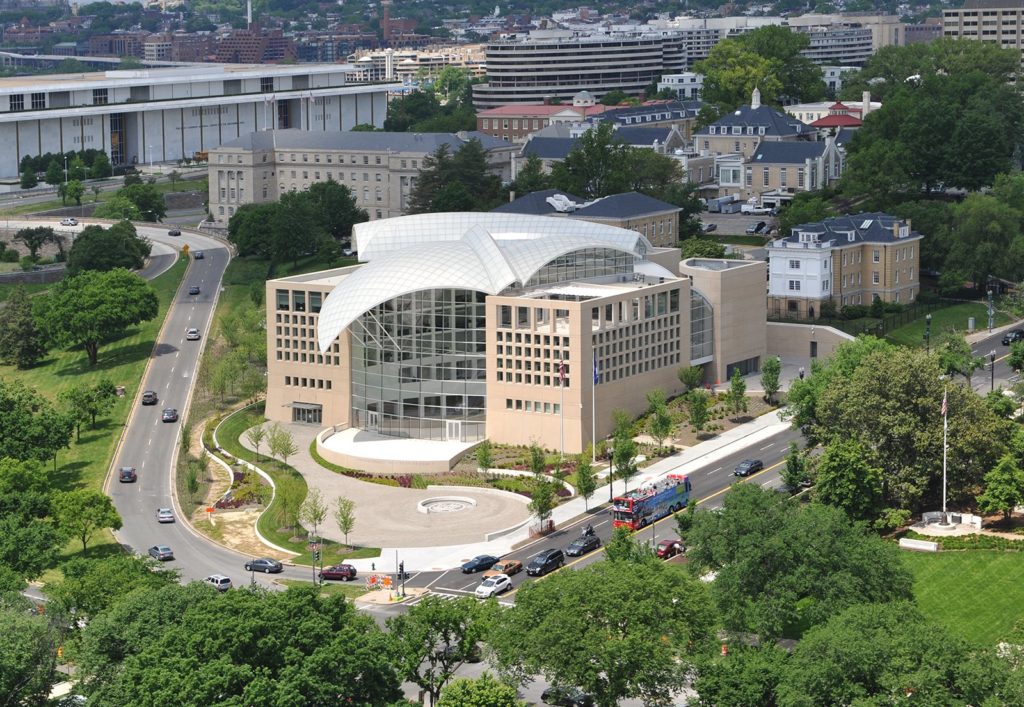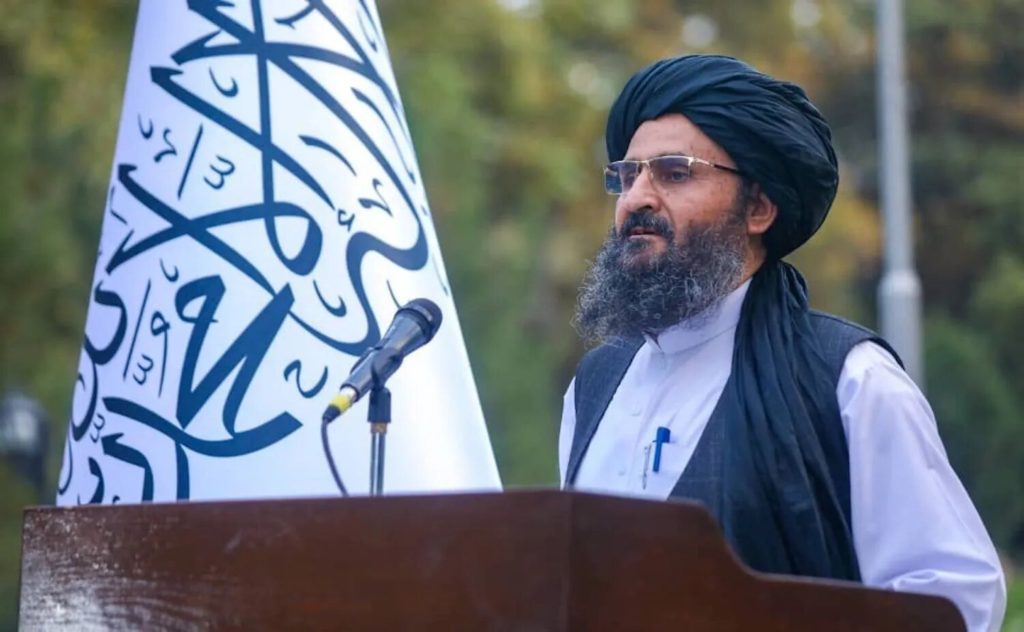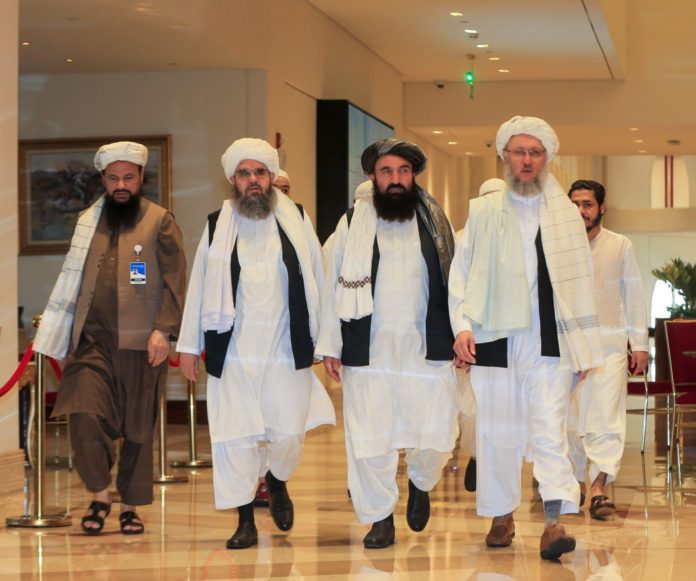Context
The abrupt withdrawal of US and coalition forces from Afghanistan last August and the arrival of Afghan Taliban at the helm represented a key turning point in the region and beyond. The attention in the past had remained on the risks of what the return of Afghan Taliban would mean. Now that it is the reality, the inquiry becomes what do. Their initial policies reflect about the future particularly as it relates to the primary concerns of two principal stakeholders, US and Pakistan.
Since the arrival of US and coalition forces soon after 9/11, the focus was on dismantling Al Qaeda (AQ) and the support structure that created the safe haven for planning the attack. In the so-called War Against Terror, the assistance of Pakistan was instrumental. However, while the nation has supported efforts to go after AQ, it was always apprehensive about taking the same line against Afghan Taliban.
Over the years, Pakistan had tried to convince US that the best approach would be to reconcile with the Afghan Taliban while US strived to influence Pakistan to go after all brands of extremists, including those oriented towards India. The differentiation would come to be known as the Good versus Bad Extremists those that were targeting Pakistan and those that were not. Based on the state-of-affairs when the Soviets left Afghanistan in the late 80s and the subsequent loss of US interest, Pakistan calculated that one day US and coalition forces would also depart and then the country would be left to fend for itself.
Analysis
Doha Accord, Fall of Ashraf Ghani Government and US Withdrawal
The talks in Doha represented the negotiated path to settlement with the Afghan Taliban and these went through various phases. US sought assurances that the Afghan Taliban would break ties with AQ and prevent Afghan territory to be used against any other nation again, respect human rights and minorities, and not hinder access of girls to education and professional careers. The US and Afghanistan signed the peace accord in February 2020.
On the other hand, while not overtly stated, Pakistan expected favorable policies from the Afghan Taliban related to India and Baloch insurgents and a firmer stand against the activities of Tehreek-e-Taliban Pakistan (TTP). TTP is responsible for several deadly terror attacks in Pakistan and against its security forces, while at the same time assisting the Afghan Taliban. These ties represent a complex web of ties between extremist groups.
The Doha agreement envisioned reduction in violence, withdrawal of foreign troops, intra-Afghan negotiations, and rewriting of the Constitution. The manner in which the Ashraf Ghani government collapsed in the end, accompanied by US withdrawal, left many of the terms of agreement in ambiguity. However, Afghan Taliban did allow US forces to evacuate in safety, indicating that it meant to abide by some terms of the agreement. It is not clear if Afghan Taliban had given assurances that it would not militarily take over the government.
Afghan Economy and US Emerging Policy
Mired in conflict for years, the economy of Afghanistan was never doing well, and it was widely known that minus foreign support it would collapse. According to World Bank estimates, 45% of the GDP and 75% of government spending was foreign aid.
Therefore, taking over the government was one thing but running and governing the nation was a totally different matter. Experts agree that Afghan Taliban were not well equipped in the lateral and lacked professional expertise required to run the economy in shambles. And these circumstances offer an ideal environment for humanitarian crisis, which could then provide the ecosystem for the return of extremists.
Soon after withdrawal, the US suspended more $7 billion worth of Afghan foreign reserves. The sanctions that were applicable previously on the Afghan Taliban as a terrorist group got reinstated as well. All of this makes it very difficult to do business with the country. According to some estimates half of the nation’s 40 million population is facing hunger this year, made worse by severe drought. Under mounting pressure from aid groups, in a controversial decision US agreed to unfreeze $3.5 billion worth of frozen Afghan assets the other $3.5 would be given to the families of 9/11 victim.

Speaking at the United States Institute of Peace (USIP) on February 15, the Special Representative for Afghanistan and Deputy Assistant Secretary for Bureau of South and Central Asia Affairs, Thomas West, explained the emerging US policy and the quandary. He stated that the US wants to help the Afghan people but not the Afghan Taliban. Replying to a question on what leverage does the US have now if Afghan Taliban does not abide by the agreement and demands of international community, Mr. West did not mention the immense economic leverage US has and is using.
However, when it comes to security cooperation, the Afghan Taliban have shown the least interest in future cooperation with the US in fulfilling the terms of their side of the Doha Accord, he added. At the same time, West noted that the US is not supporting any opposition to Afghan Taliban and is advising other nations to refrain from that, but some will do that sooner or later if the Taliban do not show urgency. Answering a question, he commented that many players are realizing that not having US engagement in Afghanistan is not in their interest.
He went on to clarify, while US is trying to avert a humanitarian crisis, to stabilize the Central Bank and increase liquidity, it is not planning any major bilateral program and development assistance for the country. And even for the humanitarian aid, US will work through professionals and Taliban will have no say in that.
Afghan Taliban and Pakistan
Often blamed for supporting the Afghan Taliban and providing them refuge, Pakistan has shared the international demands of them before any sort of recognition can take place. At the same time, the nation is worried by the brewing humanitarian crisis in Afghanistan which can send thousands of refugees its way once again and create the kind of instability posing serious security and economic challenges for the country.
Since the Afghan Taliban came into power, and except a few ISIS-K claimed attacks, Afghanistan has witnessed the safest six months for quite some time. This however cannot be claimed for Pakistan where the TTP linked attacks are on the rise. The country has made great strides in its own war against extremists and the number of terror attacks had all but disappeared as compared to the heydays.
Recent policy postures from Afghan Taliban reflect it is falling short of many expectations important to Pakistan. These issues include the status of the Durand Line, exerting pressure on TTP, and taking a tough line on India.
Speaking at a webinar organized by Karachi Council on Foreign Relations on January 11, Taliban’s Representative in Pakistan Sardar Ahmed Khan Sakeeb took a stance on Durand Line that is not much different from the Ashraf Ghani and Karzai government’s. He stated that his administration wants to take the matter to the Afghan people and then discuss the matter further.
On relations with India and Pakistan’s apprehensions, the Taliban representative explained that they wanted to pursue economic and political relations with India, and will not make it an enemy because of Pakistan, or make anyone else an adversary because of India and that this is beneficial for all. Replying to criticism for not speaking up on Indian atrocities in Kashmir, he added that they will speak out whether the atrocities are being committed by India or anyone else. He advised on solving all matters though negotiations.

When it came to the activities of TTP, Afghan Taliban have facilitated talks between Pakistan and TTP that had led to a temporary ceasefire which expired in December but does not seem to have gone beyond that i.e. preventing the use of its territory for launching attacks on others. According to the US Afghan Special Representative, this could be because of capacity restraint and not the absence of will to act against groups such as ISIS-K. The West fears that the ISIS-K attacks could increase in Afghanistan once the weather becomes warmer.
Way Forward
Clearly, the nascent Afghan Taliban government is trying to develop independent positions and does not want to appear a lackey for anyone. It is too early to tell if the Afghan Taliban government intends to abide by the terms of the Doha Accord related to security assurances, women and minority rights, and forming an inclusive government. It has shown the least progress when it comes to developing a government that represents the Afghan society.
The recognition of the Afghan government and major humanitarian assistance is likely to be ultimately linked to what counterterrorism cooperation Afghan Taliban can offer, in addition to progress in other areas mentioned above. This is especially true if the security situation deteriorates in Afghanistan as the weather warms up, and then spreads to Pakistan as the security officials of the country fear. And this predicament will also increase pressure on Pakistan to offer more assistance when it comes to over the horizon operations.




